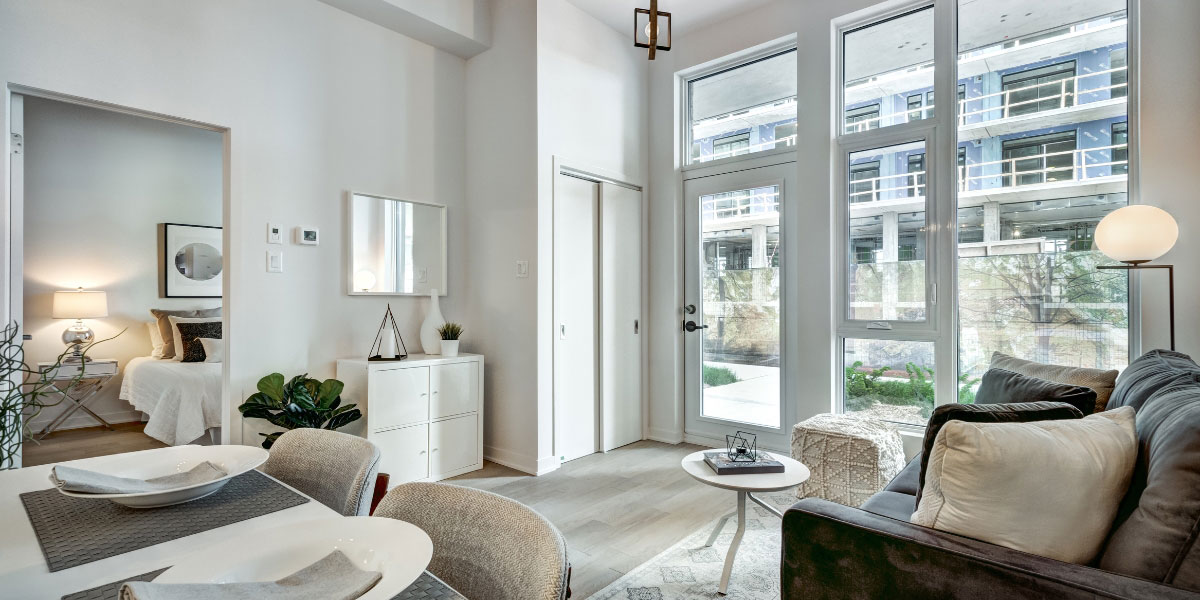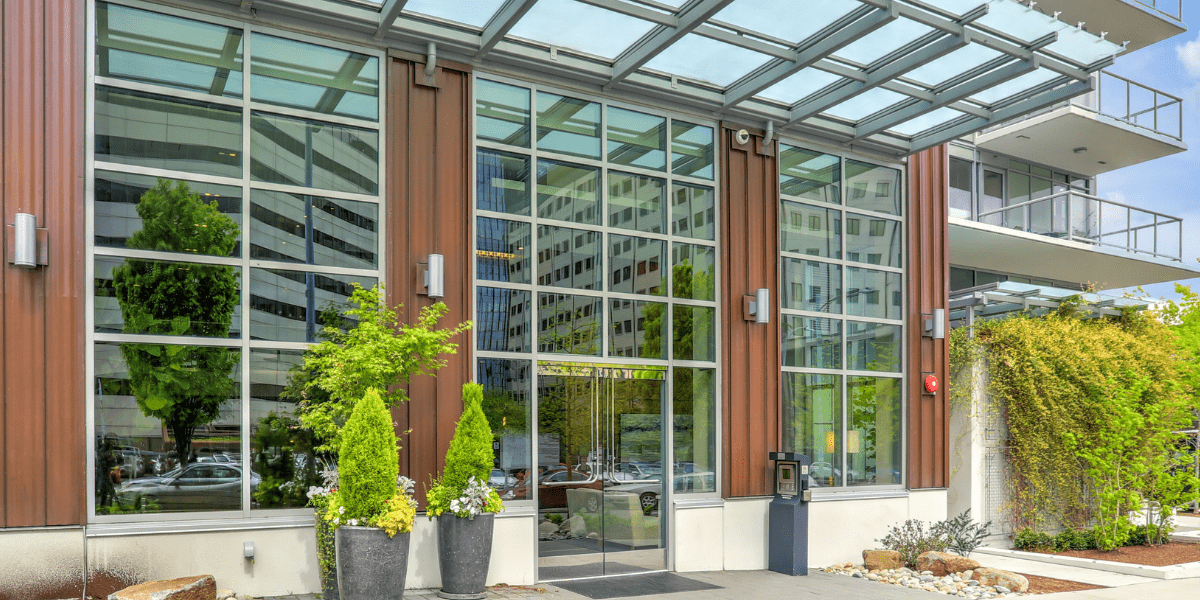Common Fears of Hiring a Property Management Company in Seattle
Being a landlord in Seattle can be a rewarding and profitable venture, but it also comes with several new responsibilities and challenges. For many, ...
3 min read
Jan Wieder : Jul 16, 2020 8:19:00 AM
Apartment complexes have the potential to be valuable investment properties that provide you with a steady income source for many years to come. To achieve that potential, however, it’s crucial to first find the right apartment building for your investment and then take measures to ensure the property is properly managed.
In the Seattle area, a multifamily apartment building with a handful of units can range from about $1 to $3 million. Larger apartment complexes with a dozen or more units can cost upward of $7 million. Considering the size of the investment, the decision to purchase an apartment building should not be taken lightly. The first step is to find the right property for your portfolio.
When it comes to putting a value on an apartment building in Washington State, appraisers, banks, and other financial entities typically use one of three methods:
The income approach is especially common because when it comes to apartment buildings, you’re trying to determine the value of the property not just as a piece of real estate but as a potential enterprise.
As you begin your foray into assessing the value of prospective properties, one important real estate term you’ll come across is capitalization rate, or cap rate, which is the most common measure used for assessing the profitability and return potential of real estate investments. Simply put, a cap rate represents the expected yield of a particular property over a one-year period assuming it is purchased outright and not through a loan.
To determine the cap rate for a property, you divide the Net Operating Income (NOI) by the price of the property. The market cap rap, which is used to calculate the market value for a real estate investment, is determined by market sales for similar properties in the area and neighborhood economic situations. You can use cap rates to compare the risk of one property or market segment to another.
When you’re scoping out potential real estate investments, you want to make sure the associated cap rates are in line with numbers for the area. If a cap rate is significantly below or above area rates, that could be a red flag. The Seattle market hovers between Central Seattle and Bellevue, with location having a marginal impact on the value of real estate and cap rates. In general, a roughly 4.65% cap rate for a multifamily building is appropriate for the metro area, although it’s not uncommon for rates to vary between 4% and %5.5 for different types of apartment-style properties.
Buying an apartment complex is merely the first step toward creating a worthwhile real estate investment. From there, you must be prepared to manage, maintain, and maximize use of the property. That includes evaluating your potential expenses and sources of income related to the property.
Besides rent, potential income sources to consider include:
Potential operating costs for an apartment building in Seattle include:
Along with doing your due diligence to purchase an apartment complex with an appealing cap rate and low operating costs compared to projected NOI, you must be prepared to undertake the responsibilities that come along with being a landlord.
To get the best return on your investment, you need to keep your apartment units filled with responsible, rent-paying tenants who take relatively good care of your property. Even if you achieve that lofty goal, however, there are many facets to property management, from assessing and collecting rent to communicating with tenants and addressing maintenance issues.
You can relieve yourself of many of these landlord tasks and responsibilities by contracting with a property management company. Although management fees will pose an additional operating expense for your property, the company can help you secure a better return on investment (ROI) through tenant acquisition, rental marketing, and financial and maintenance services.
A full-service provider like Powell Property Management company can assist you as you proceed with acquiring real estate investments, in addition to helping you manage your property once it’s in your possession.
Powell Property Management conducts marketability studies for both new and existing landlords. A designated broker or property manager from our team can show you rental studies and walk you through the appropriate rental rates for a specific property, along with what improvements would need to be done, to aid your costs vs. benefits analysis. They also can talk with you about various management options. Although our team at Powell Property Management does not include official appraisers, we can provide you with ample data and insight to help you make an informed decision about your investment in apartments in Seattle.

Being a landlord in Seattle can be a rewarding and profitable venture, but it also comes with several new responsibilities and challenges. For many, ...

You’ve made the wise choice of investing in an apartment property in South King County to reap the benefits of multiple income streams. Multifamily...

If you are looking for investment properties in the South Puget Sound area, there are various ways to scour the market place and see what’s...